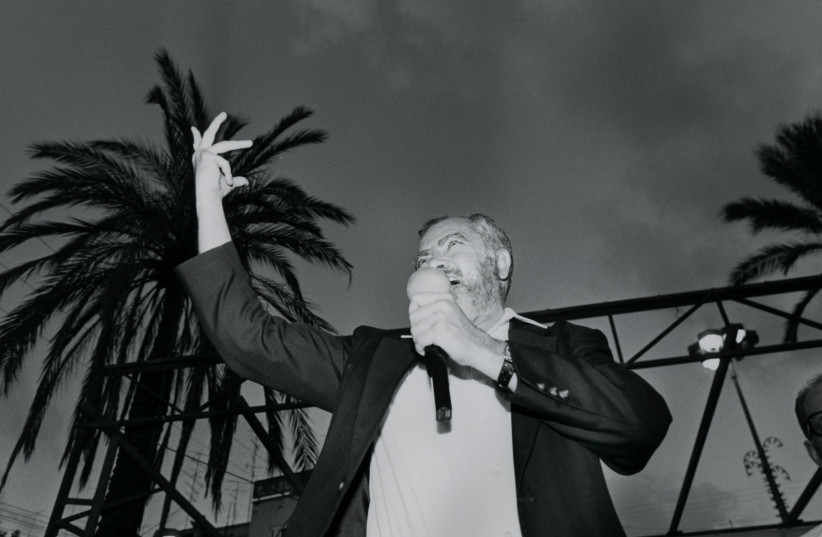WASHINGTON – A US official has addressed the decision to delist Kahane Chai from the Foreign Terrorist Organization list, following a report on the Associated Press, which indicated that such a move is imminent. The group was added to the list in 1997.
The official confirmed that the State Department has notified Congress about its intent to revoke FTO designations under the Immigration and Nationality Act (INA) of Kahane Chai and the Mujahidin Shura Council in the Environs of Jerusalem.
“According to the law, the department is required to review FTO designations every five years to determine if a designation should be revoked,” the official said. “The law requires that the secretary of state must revoke a designation if the secretary finds ‘that the circumstances that were the basis of the designation have changed in such a manner as to warrant a revocation.’”
Kahane Chai “has not been linked to a terrorist attack since 2005, and the Mujahidin Shura Council has not claimed an attack since 2013,” the official said, adding: “Neither currently meet the statutory definition of a foreign organization as outlined in the INA.”
However, both organizations will remain designated as Specially Designated Global Terrorist (SDGT) entities, the official said.

“The department is retaining the SDGT designations for a number of reasons, including to support law-enforcement actions or ensure frozen assets aren’t released to still active terrorists,” the official said, adding: “As such, these organizations’ property, or interests in property, that are located in the United States or that are controlled by US persons will continue to be blocked, and US persons will continue to be generally prohibited from engaging in transactions with them.”
FTO revocations do not impact any prior law-enforcement actions “related to the groups’ past terrorist activities while the groups were designated,” the official said.
“Revoking FTO designations ensures our terrorism sanctions remain current and credible and does not reflect any change in policy towards the past activities of any of these the organizations,” the official said.
